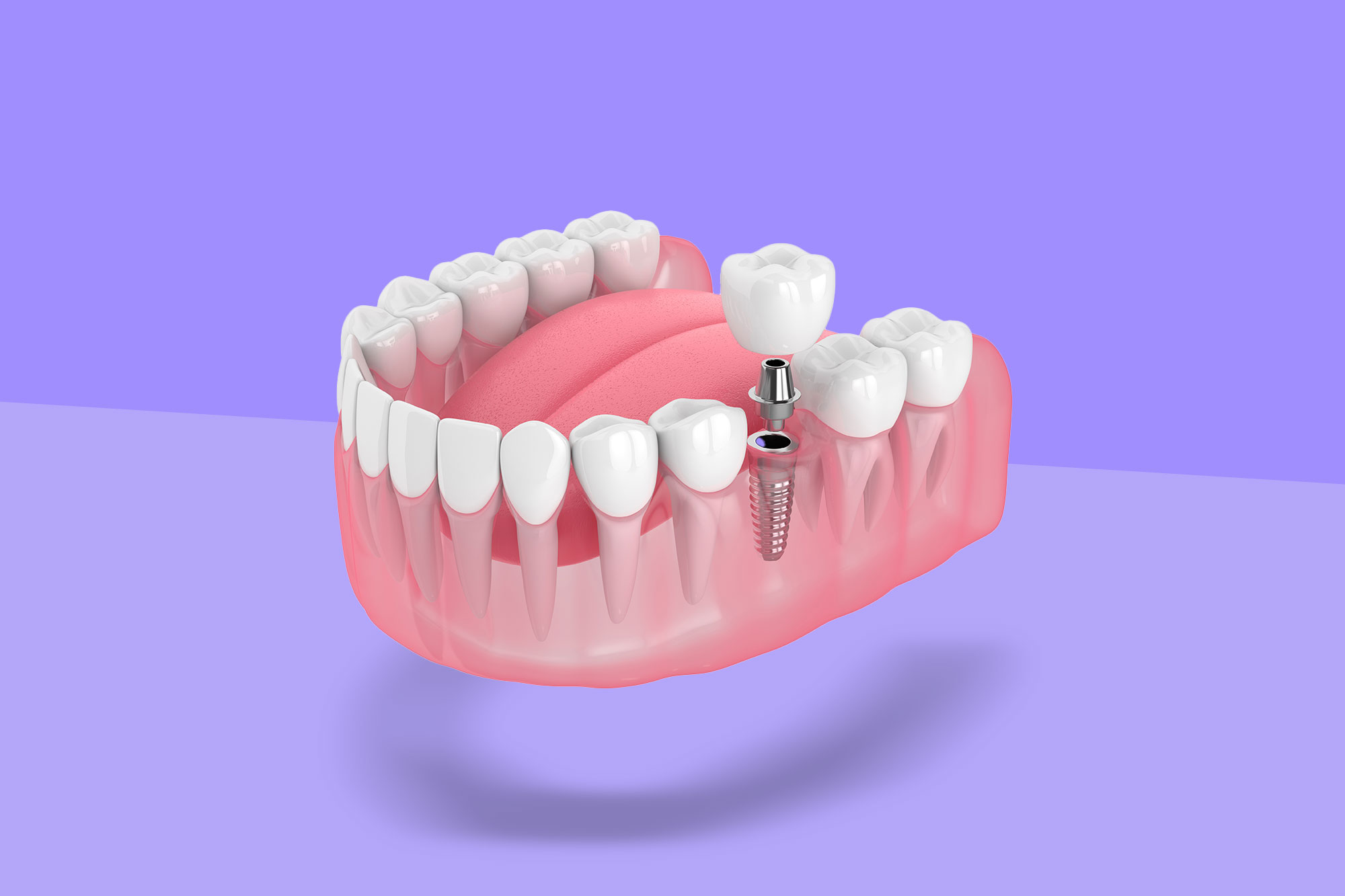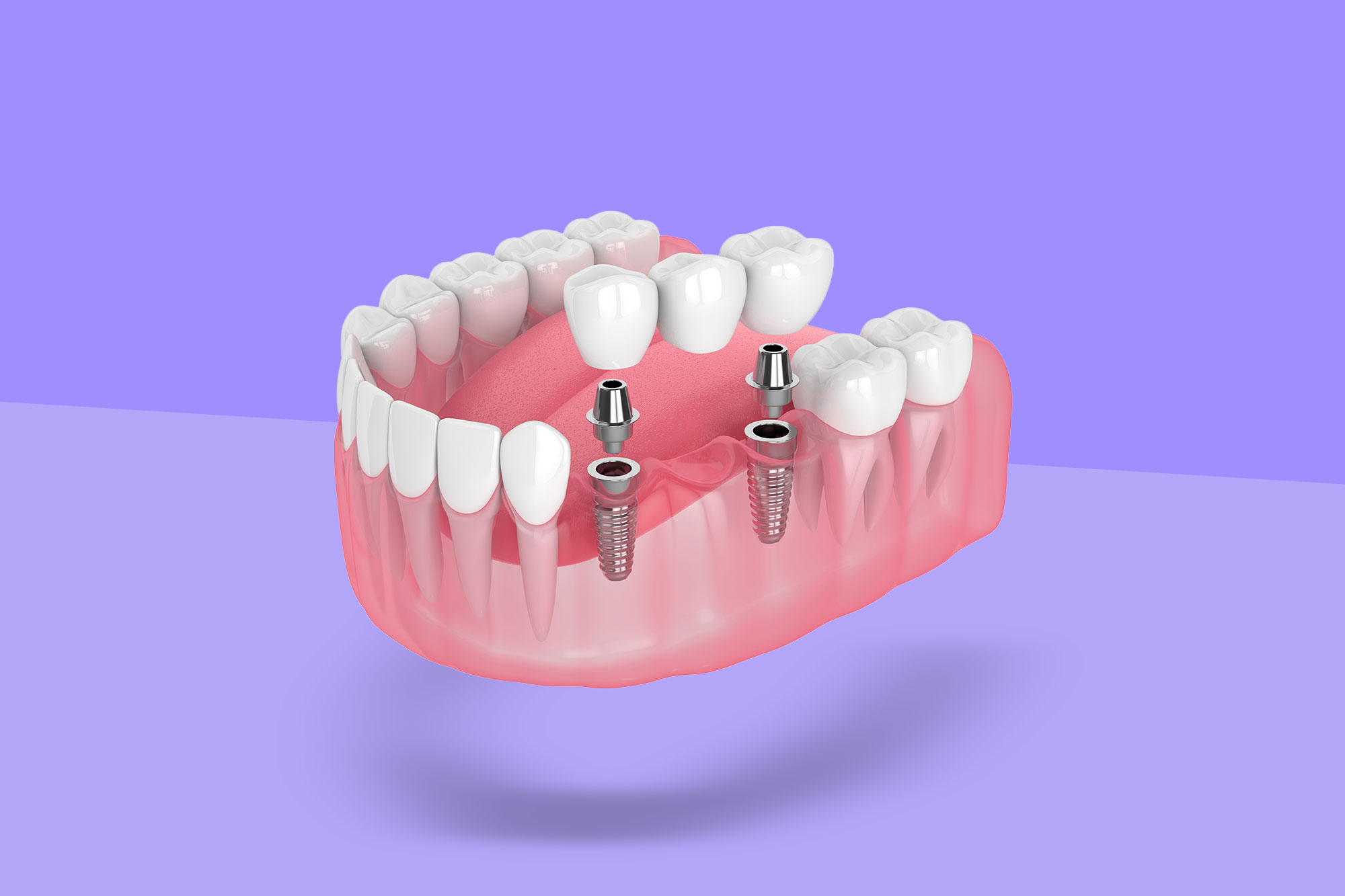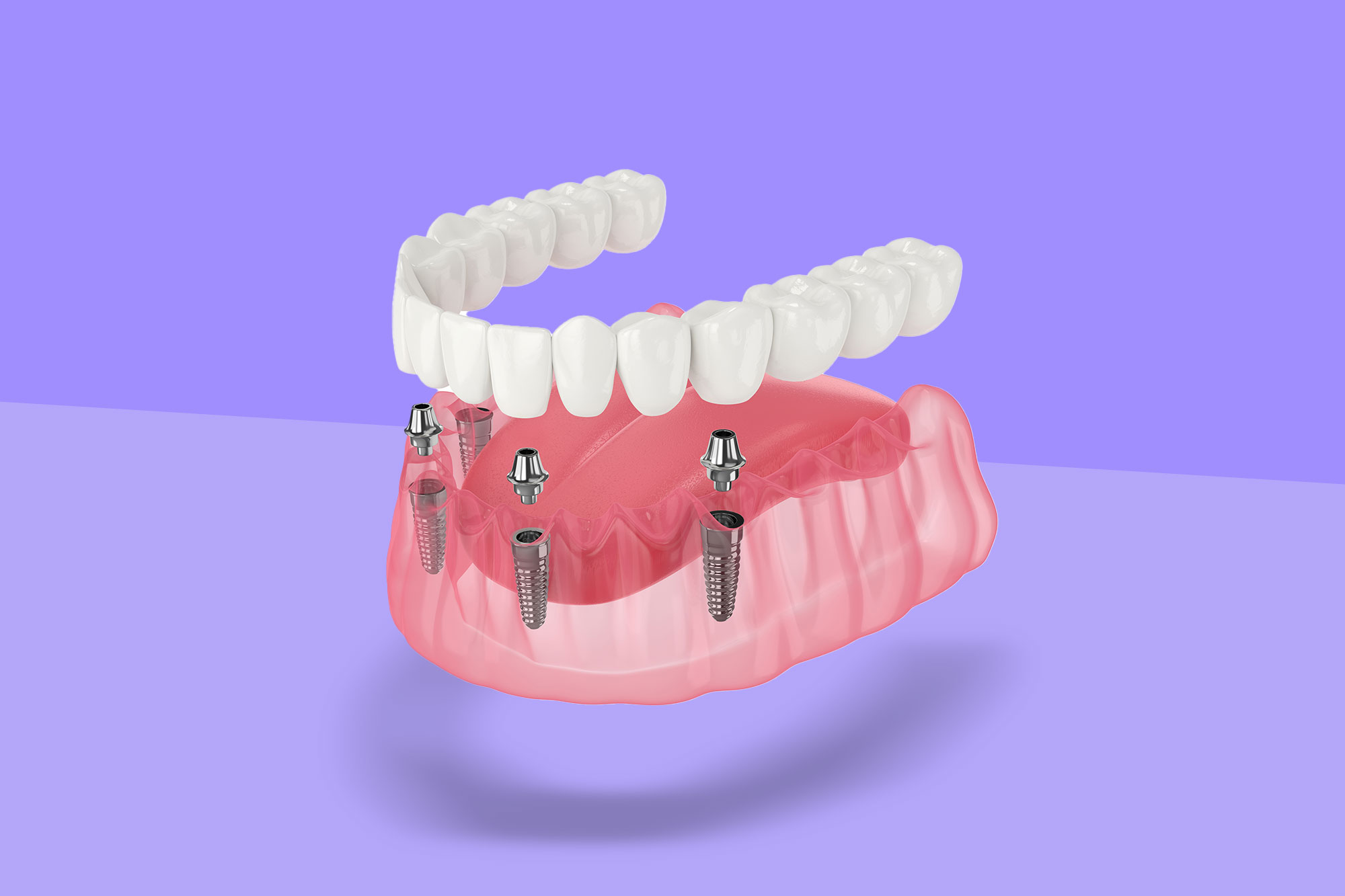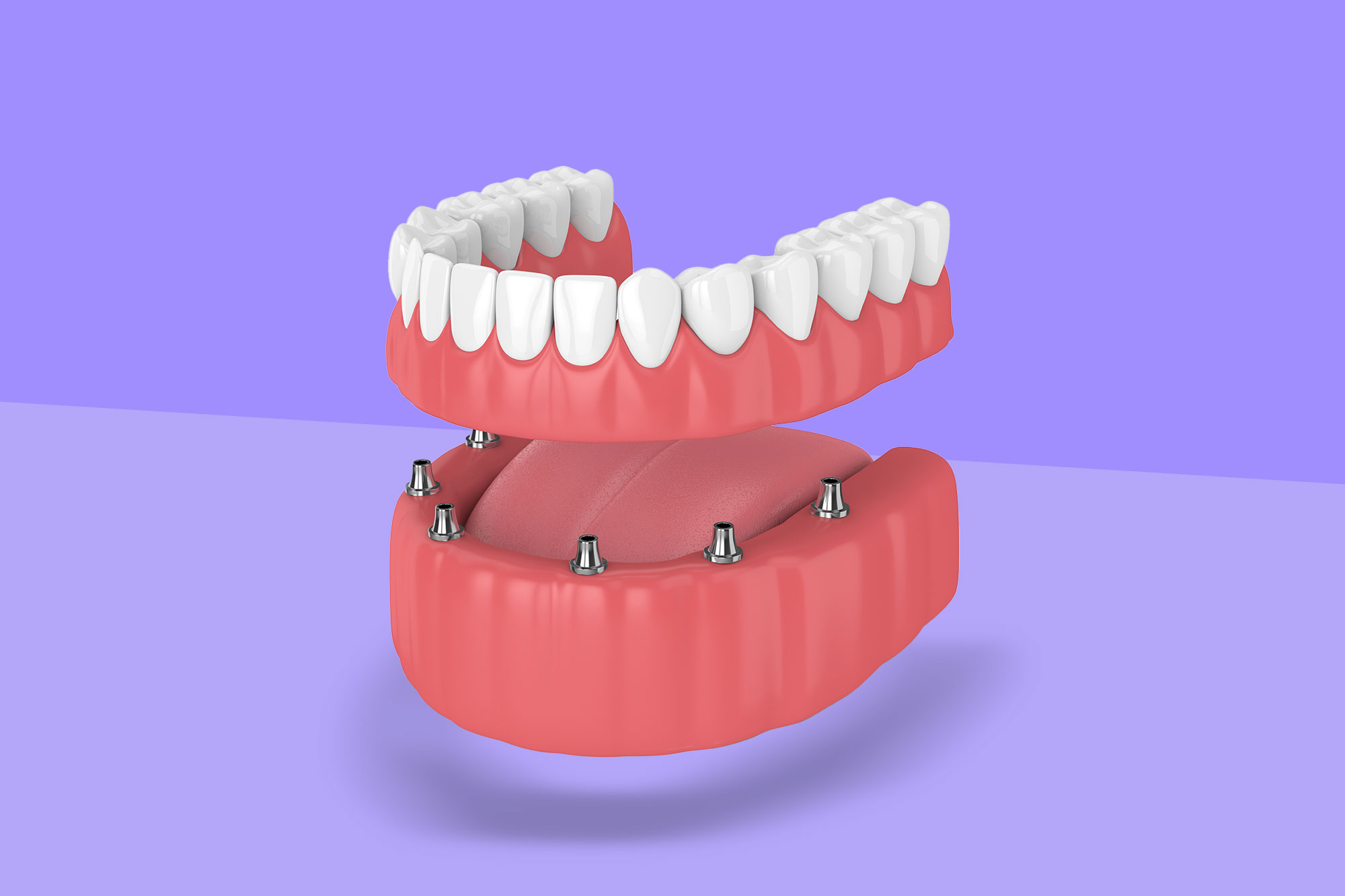Discover the safest & most affordable teeth implants Miami can provide!
Struggling with the idea of dental implants? 😟 We understand.
At Miami Dental Sedation Spa, we’re here to erase your fears with personalized, pain-free sedation that makes the process easy and comfortable.
Plus, we offer tailored financing options 💳💰, even for those with credit challenges. Don’t let fear or finances stop you from the smile you deserve.
Book your evaluation today and take the first step toward a confident new smile! 😁
OR
No need to be afraid of the dentist anymore!
Smiling Clients
Cosmetic Makeovers
Dental implants
Zero stress!
17 years and counting, transforming smiles with expert, anxiety-free care.
Key Takeaways
- Dental implants in Miami provide a safe and long-lasting solution for replacing missing teeth, with cutting-edge technology ensuring precise outcomes.
- Our comprehensive approach covers every step—from the initial consultation and surgical procedure to affordable payment plans and post-operative care.
- Advanced techniques such as osseointegration and sinus lifts help preserve jawbone health while restoring functionality and aesthetics.
- Patient testimonials and clinical evidence support the success and improved quality of life associated with dental implants.




Dental Implant Evaluation Form
Please complete this form and we’ll contact you as soon as possible.
What the process looks like...
Pre-Op
Day of the procedure
The second phase
Post-OP

Pre-Op
After you and your dentist discuss your options, you’ll set a date for the implant to be placed, and your dentist will likely give you a few pre-operative instructions. Common instructions include rinsing your mouth with an anti-bacterial mouthwash, and a round of antibiotics, as well as securing a ride to and from the appointment if you plan on having IV sedation or taking an oral sedative. A hearty breakfast on the day of implant is also a plus! (Unless you are opting for IV sedation in which case, no food should be consumed after midnight the night before the procedure). The amount of time required for this procedure depends on a few factors, including the number of teeth needing to be implanted, if tooth extraction needs to occur, and your overall dental health.
Day of the procedure
The day of your surgical odyssey dawns with palpable excitement, and we’re committed to ensuring a serene, anxiety-free experience. Prior to surgery, meticulous preparations are made by our team, taking digital scans of your present dentition, bite, and the relation to your face. Your surgery, tailored to your unique needs, may span up to four hours, contingent upon the intricacies of your treatment plan. With surgical precision, implants are deftly nestled into your jawbone, fostering a symbiotic union with the bone tissue and bolstering the surrounding framework. These implants might be crowned with preliminary restorations, endowing you with the aesthetics, sensation, and functionality akin to natural teeth. Post-surgery, you may experience transient discomfort and swelling around the implant sites, for which our seasoned dentist will furnish comprehensive care directives.
The second phase
The second phase is not nearly as in-depth as the first phase. Most of the time a small appliance is placed on the implant and then scanned for the lab to fabricate the final crown that resembles your teeth’s shape and shade. Sometimes a small incision, under anesthesia, is needed to expose the implant and then be able to scan. The final step in the implant process is placing the newly created crown.
Post-Op
After the initial procedure, it is important to keep up with all post-operative instructions to avoid infection. Bruising and gum swelling are rare and any discomfort can usually be treated with Ibuprofen. Most patients are fine to return to work the day following the procedure. Keep note, that just like with natural teeth, implanted teeth need to be checked and maintained regularly through daily brushing and flossing routine as well as routine check-ups with a dentist.
Initial Consultation
Comprehensive assessment of your dental and cranio-facial landscape. Diagnostic imaging, facilitated by our cutting-edge scanner unveils a photo-realistic 3D digital rendition of your visage, fostering the creation of meticulously customized dental prostheses.
Surgery
Placement of dental implants and the fitting of interim teeth. While these interim restorations aren’t your final implants, they bestow upon you a resplendent set of fixed, functional teeth as you bid adieu to our sanctuary.
Follow-Up Appointment
After 3 to 6 months, fresh impressions of your oral cavity are gleaned, paving the path for the fabrication of a final, robust set of teeth, meticulously tailored to ensure an impeccable fit and enduring durability.
Specialist Care
Dental implants, nestled within the realm of restorative dentistry, warrant specialized care in the domain of implantology.
General Sedation
Selective administration of dental sedation during the implant procedure offers respite to apprehensive patients, ushering them into a serene slumber throughout the surgical odyssey. However, this premium service constitutes a supplementary expense. While local sedation suffices for most patients, those grappling with anxiety during the procedure may find solace in adjunctive sedation measures.
Bone Grafts
Patients grappling with substantial bone loss may necessitate adjunctive bone grafts, precipitating additional costs and procedural intricacies. These grafts might need an additional surgical episode preceding implant placement.
Material
The choice of material for the crown exerts a profound influence on the treatment cost.
Teeth Location
The anatomical location of the teeth slated for replacement plays a pivotal role in dictating the treatment cost. Front teeth, owing to their prominence and aesthetic exigencies, demand heightened precision and finesse, thereby exerting upward pressure on the treatment expenses.
How do we apply sedation?
Minimal Sedation
Via Nitrous Oxide or "laughing gas".
Moderate Option #1
Via oral sedation (ingesting pills before procedure).
Moderate Option #2
Via intravenous (IV) sedation.




At Miami Dental Sedation Spa YOU and your comfort are our priority.
Monday - Thursday
08:00 am - 5:00 pm
Friday
08:00 am - 12:00 pm
Saturday & Sunday
Closed.


